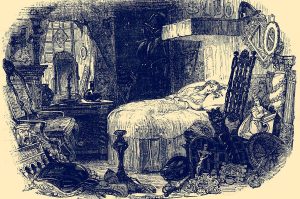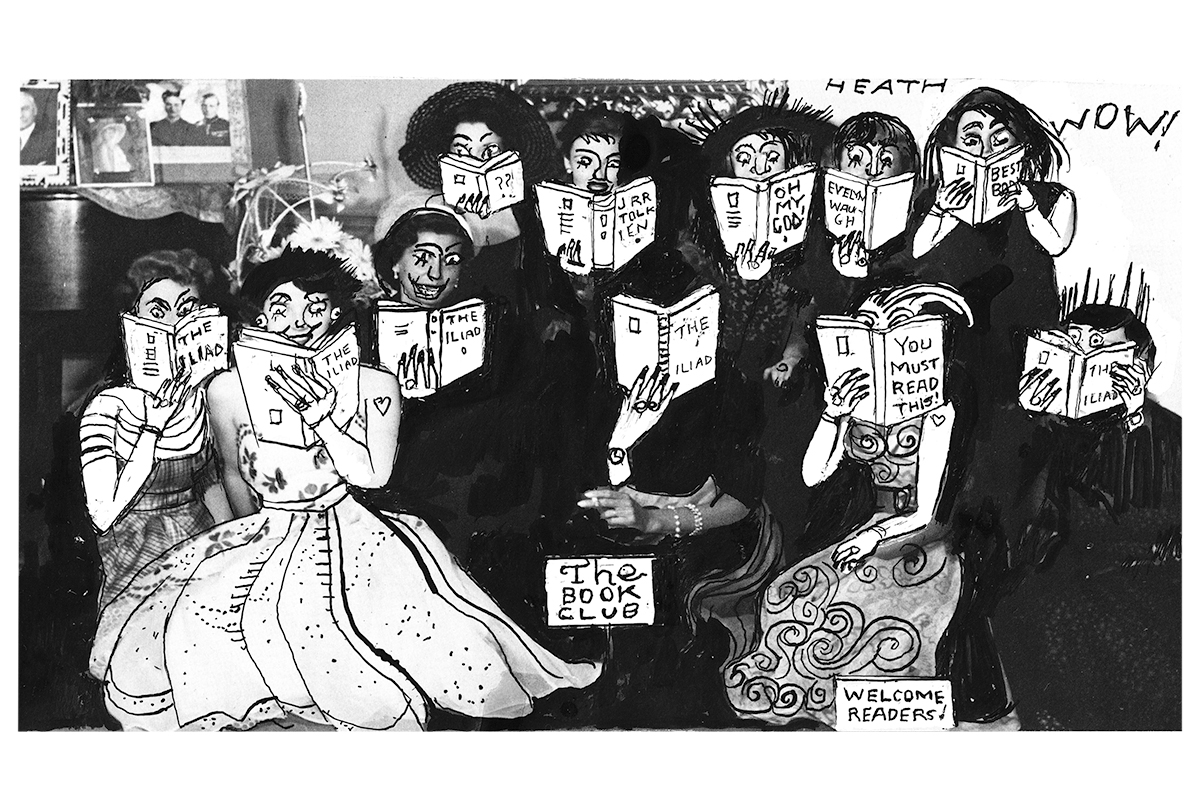Memoir, we are told, is the new growth genre within publishing. It used to be the preserve of the famous and successful, but now it has expanded to include anyone with a story to tell, whether heartwarming and inspirational or downbeat and miserable (but eventually inspirational). Many of these memoirs are New York Times bestsellers and can change the weather in the industry, helped by their prominence within such high-profile book clubs as Reese Witherspoon’s and Oprah’s. But what if the story in a memoir’s pages is exaggerated or simply fabricated?
Turning one’s life into invention may not be so much a lie as a gift for fiction, but when it comes to this area, it is deeply frowned upon from all sides. When James Frey’s A Million Little Pieces was revealed to be largely made up, he was summoned onto Oprah’s show to be given a stern dressing-down. Although Frey continues to have a successful career as a writer, it is forever with the taint of the fabulist. Meanwhile, in Britain, the biggest publishing scandal for years involved the nature memoirist Raynor Winn, whose book The Salt Path was swiftly renamed “The pinch of Salt Path” by humorists after The Observer unearthed a series of inconsistencies in Winn’s account of her impoverished circumstances.
Amy Griffin could not be more different to the woebegone Winn. A successful venture capitalist and founder of G9 Ventures, she has the kind of existence that F. Scott Fitzgerald would have delighted in. She was born into money (her father ran a Texas chain of convenience stores) and then married into more: her husband John Griffin founded the hedge fund Blue Ridge Capital. She is the kind of glossy, well-preserved all-American who is a fixture in society columns and magazines photoshoots, and her contacts book is a peerless one.
Little wonder, then, that when she published her memoir earlier this year, The Tell – let’s face it, it was never likely to be called My Struggle – Griffin managed to get the troika of celebrity book-club endorsers to come behind her, in the form of Oprah, Witherspoon and Jenna Bush Hager, all of whom celebrated the book’s publication in March. It was, predictably, a New York Times bestseller, and the likes of Martha Stewart and Mariska Hargitay have fallen over themselves to fete her. Drew Barrymore called it a “literary piece.” The following month, she was named one of TIME’s most influential people. She has arrived, in style.
Yet since a New York Times exposé emerged recently, Griffin has been conspicuously silent. The accusation? That she has made up her own memoir, and that by doing so she has made the lives of sexual-assault victims considerably more difficult. The controversy about Griffin revolves around the book’s subject, namely being abused by one of her teachers at school. She told Oprah that “the secret that I discovered was the idea that I had been, for many years, abused in the school bathroom by a teacher. I decided that, you know, if I went in and criminally investigated this person and I did everything I could to hold this person accountable, that if I could do that, then I would show that I was right and he was wrong.”
All wholly commendable. Yet what raised eyebrows was that Griffin participated in MDMA-assisted therapy, and that she had blocked out the abuse she suffered until taking the psychedelic drugs. This is not regarded as something ethical or conventional, and certainly not the basis of a memoir that is believed to have netted Griffin an advance of nearly a million dollars. The Times’ investigation suggested that, while there were incidents of sexual abuse at the school Griffin attended, they involved another teacher altogether, and that there were no other reports of similar cases. The suspicion was therefore raised that The Tell proved to be as false as a poker player’s feint. Tellingly, Griffin’s Wikipedia page now calls her “an American venture capitalist and fabulist.” Ouch.
Griffin’s publisher Penguin Random House have not made any public comment on the controversy, nor has Griffin. All parties will presumably be hoping that it swiftly blows over and that she can resume her glittering existence of air-kissing and being photographed at the Met (where she is a trustee). However, whatever happens with The Tell, it is yet another blow to the institution of memoir, where publishers are increasingly being urged to perform due diligence to make sure such accounts are verifiably accurate, rather than simply the author’s own interpretation, or “their truth.” That way, ruined lives – and lawsuits – lie.


























Leave a Reply